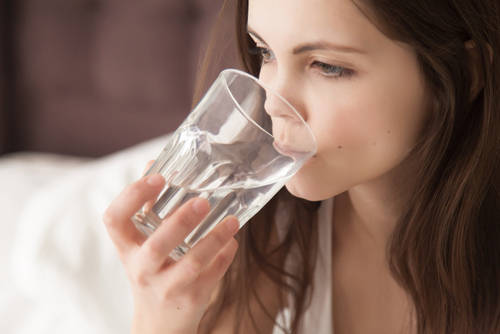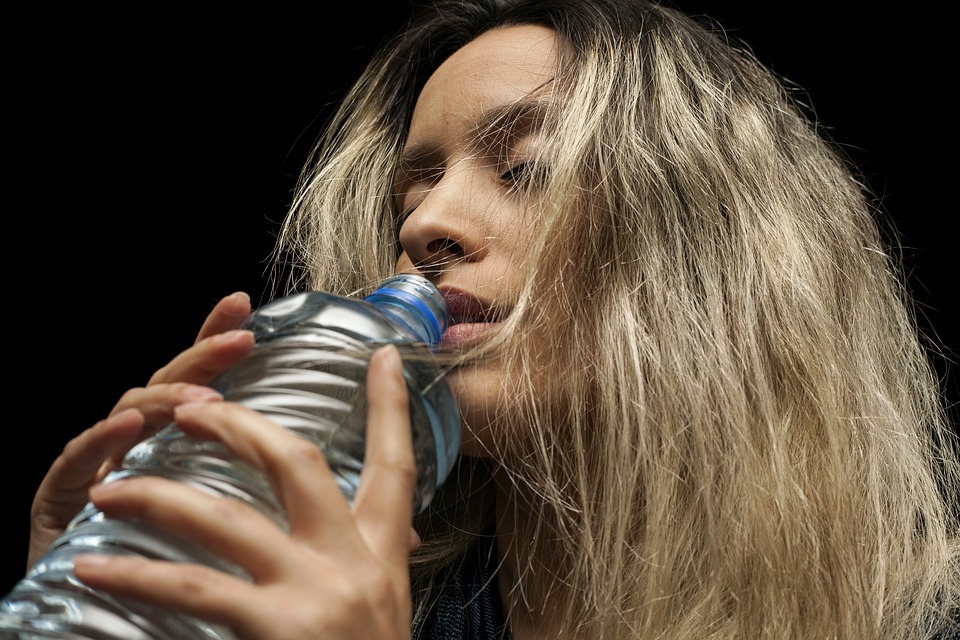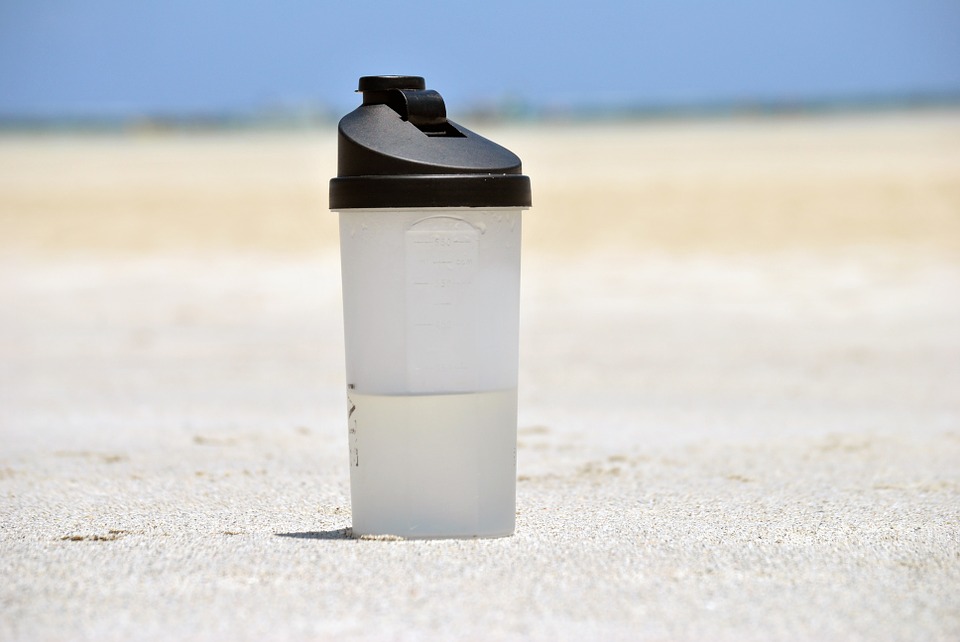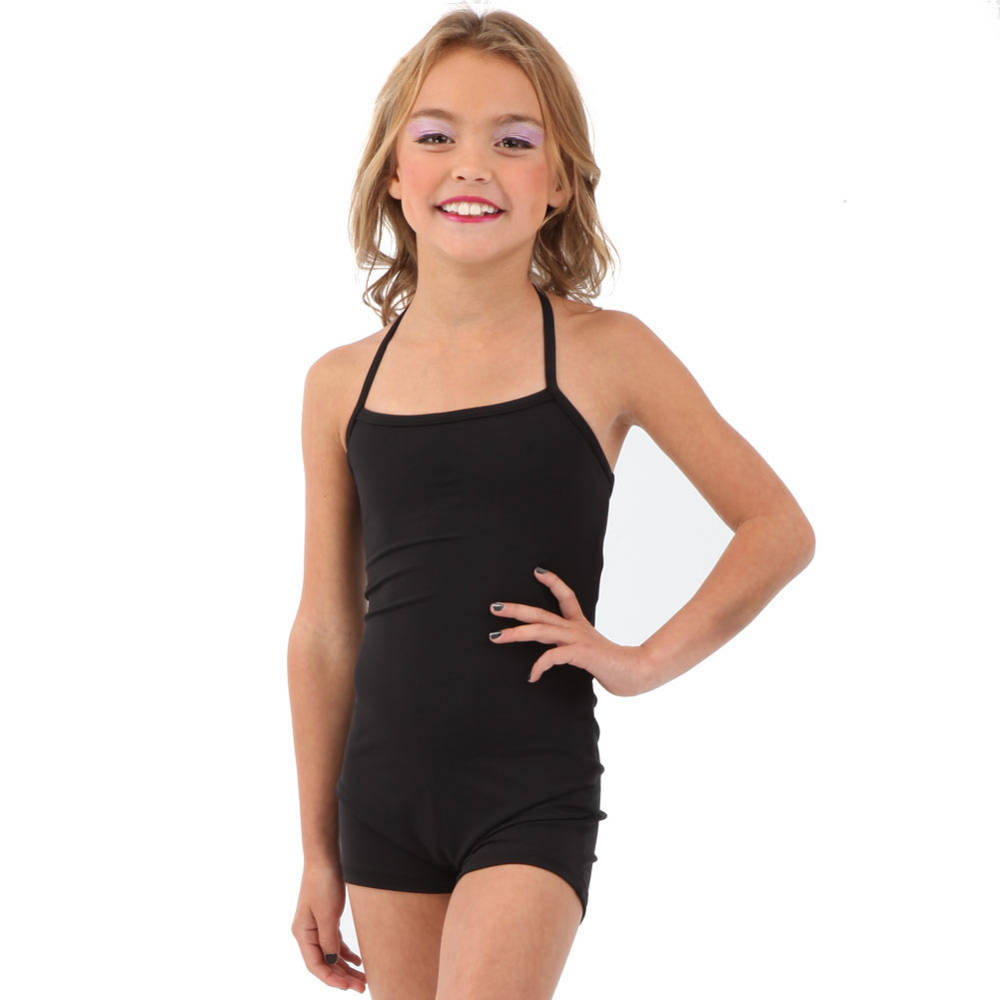Dance Talk
Our dance season never ends. Learn dance tips from the best.
Signs of Heat Illness and Dehydration in Dancers

by Audrey Moore

As a dancer, you're constantly pushing the limits and challenging your body. Sometimes, though, it can be too much in certain conditions, especially during summertime. Studios can get hot, stage lights are scorching and outdoor theater venues are boiling. When the temperature is higher than what you're used to, it can impact how your body functions -- even if you're in loose-fitting dance wear, like harem pants. The end result can be issues from heat illness to dehydration.
So what causes these conditions -- and what can you do to prevent a health issue, even during the hot summer months? Here's a look:
At its simplest, exercise-related heat illness is caused when your body gets too hot during exercise, such as dancing. Our brains are in charge of regulating body temperature, which should be, on average, around 98.6°F. When your temperature starts heating up -- such as when you're practicing or performing on the stage -- your body will work to lower it. It can do this in a couple of ways. First, your body can start sweating, which cools things down when sweat evaporates on the skin. The second way is by sending more blood flow to parts of your body, including your head, arms and legs, as well as your skin.
However, when there's so much extra heat your body can't get rid of it fast enough, heat illness can occur. And when you're also dehydrated from not drinking enough, your body can actually give out and you can collapse. What's more is that despite being in good physical shape, heat illness and dehydration are common among athletes.
When it comes to heat illness, there are a few different types dancers should be aware of:
- Heat cramps: Heat cramps are muscle cramps that are brief, but painful and can occur during or after exercise. Basically, your muscles -- typically those found in the arms, legs and abdomen -- may spasm or jerk involuntarily. The culprit when it comes to heat cramps is often a loss of too much sodium during intense exercise.
- Heat exhaustion: Heavy sweating and rapid pulse are often telltale signs of heat exhaustion. While it isn't as serious as heat stroke -- where your body's basic processes stop -- it can develop into heat stroke if it's not properly treated. This, combined with dehydration, can lead to many complications, such as kidney damage, seizures, lung problems, and muscle breakdown, and can even cause death.
- Heat stroke: Heat stroke is a serious medical emergency and should be treated immediately. It's characterized by a high fever and often unconsciousness. The amount of damage it causes to the body depends on how high the temperature has gotten and how long it stayed there.
Signs and Symptoms of Heat Illness
According to the Mayo Clinic, beyond high body temperatures, some other signs to look out for that your body is heating up too much and too quickly include:
- Clammy skin with goose bumps, even in the heat
- Heavy sweating
- Dizziness
- Muscle cramps
- Faintness
- Fatigue
- Weak and rapid pulse
- Low blood pressure upon standing
- Headache
- Nausea and vomiting
- Excessive thirst
- Weakness
If you're experiencing signs of heat exhaustion and dehydration, get treated by a doctor immediately. A medical professional can assess the seriousness of the situation and ensure complications don't ensue.

Going forward, there are some things you can do to prevent future issues with exercise-related heat illness and dehydration. These include:
- Wearing clothing that is lightweight and light colored, such as dance bra tops, and loose fitting, like harem dance pants.
- Drinking plenty of water throughout your rehearsal or performance, even if you don't feel thirsty. Dehydration and not enough salt in your body can certainly make heat exhaustion worse, so it's important that you hydrate. Water is always a good choice for exertion that lasts less than an hour. However, if you're working out or dancing for several hours, then you're going to need to replace your electrolytes with a sports drinks to help replenish your body. Not sure if you're dehydrated? One way to tell is if your urine is dark in color.
- Don't drink a lot of caffeine the day of rigorous rehearsals or performances. This includes soda, coffee, tea and any other caffeinated beverages. Water and sports drinks, or even juices, are better, healthier options.
- Make sure you take regular breaks throughout the day. Don't keep pushing your body non-stop without a rest. During breaks, it's a good idea too to snack on fruit with high water content, such as oranges and watermelon.
- If you do begin to experience any symptoms related to heat illness or dehydration, stop dancing or exercising and get out of the hot environment. For instance, if you're on stage with lights beating down on you, it's time to go back stage and take a break. Try to find a cool area with a fan to get your body temperature lowered.
- Staying healthy and keeping your body in good shape, in general, can also help you avoid dehydration and heat illness.
Ready to shop for dance bra tops and harem dance pants that can keep you cool this summer?

Check out Just for Kix. Not only is our dance wear affordable and functional, but it's designed to ensure you stay comfortable, whether you're in a hot studio or outside on the stage.

Follow Us
Follow Us online, join our conversations, engage with our teams around the world!